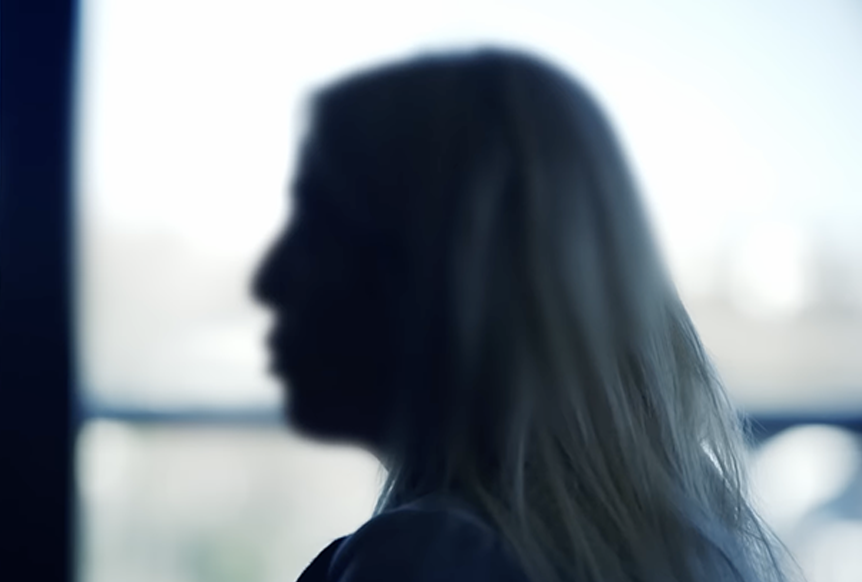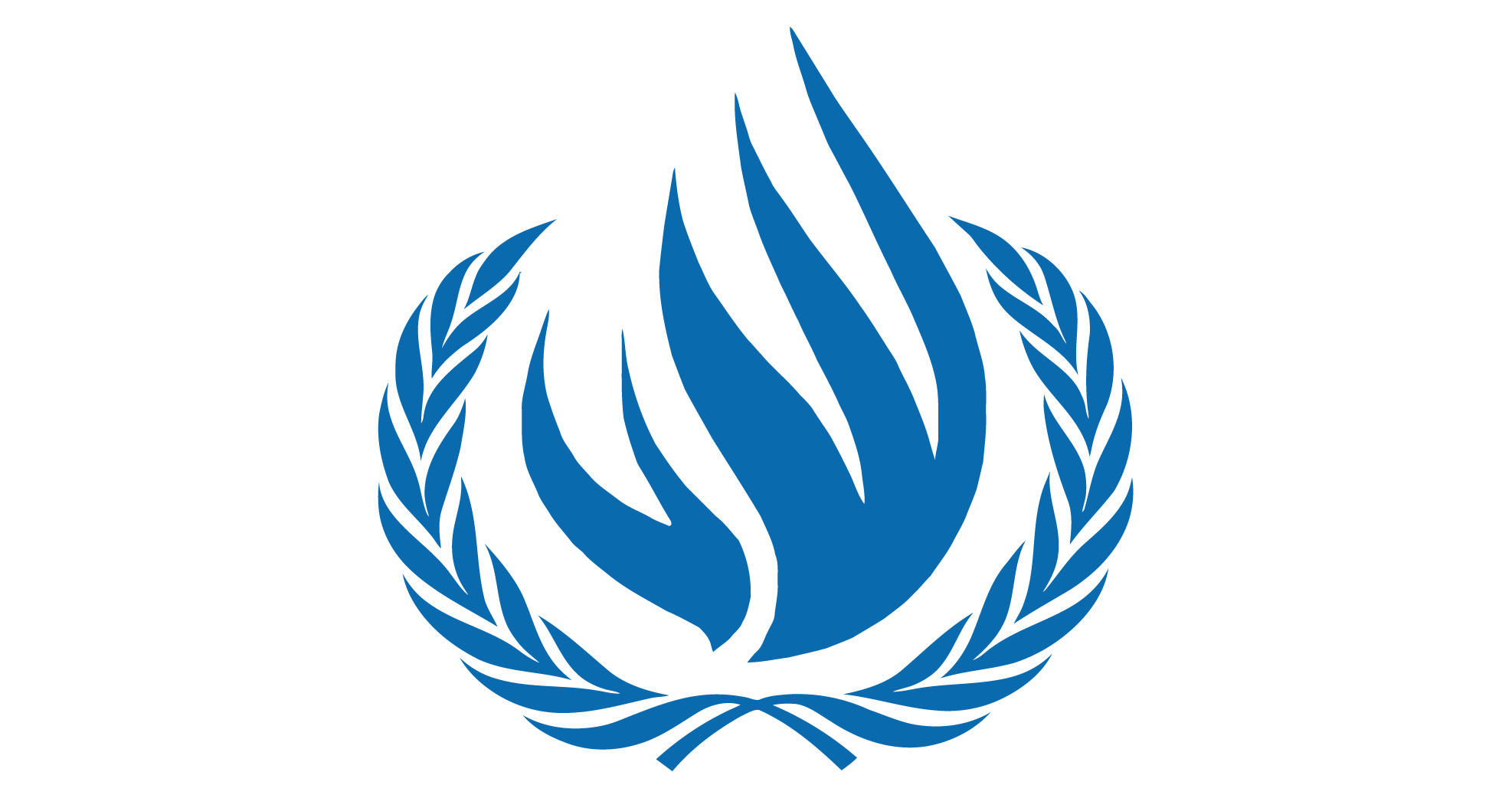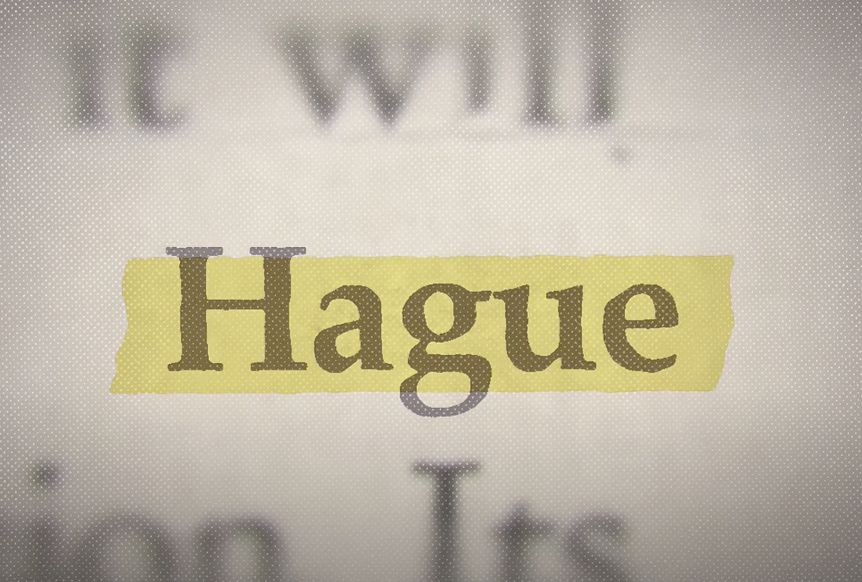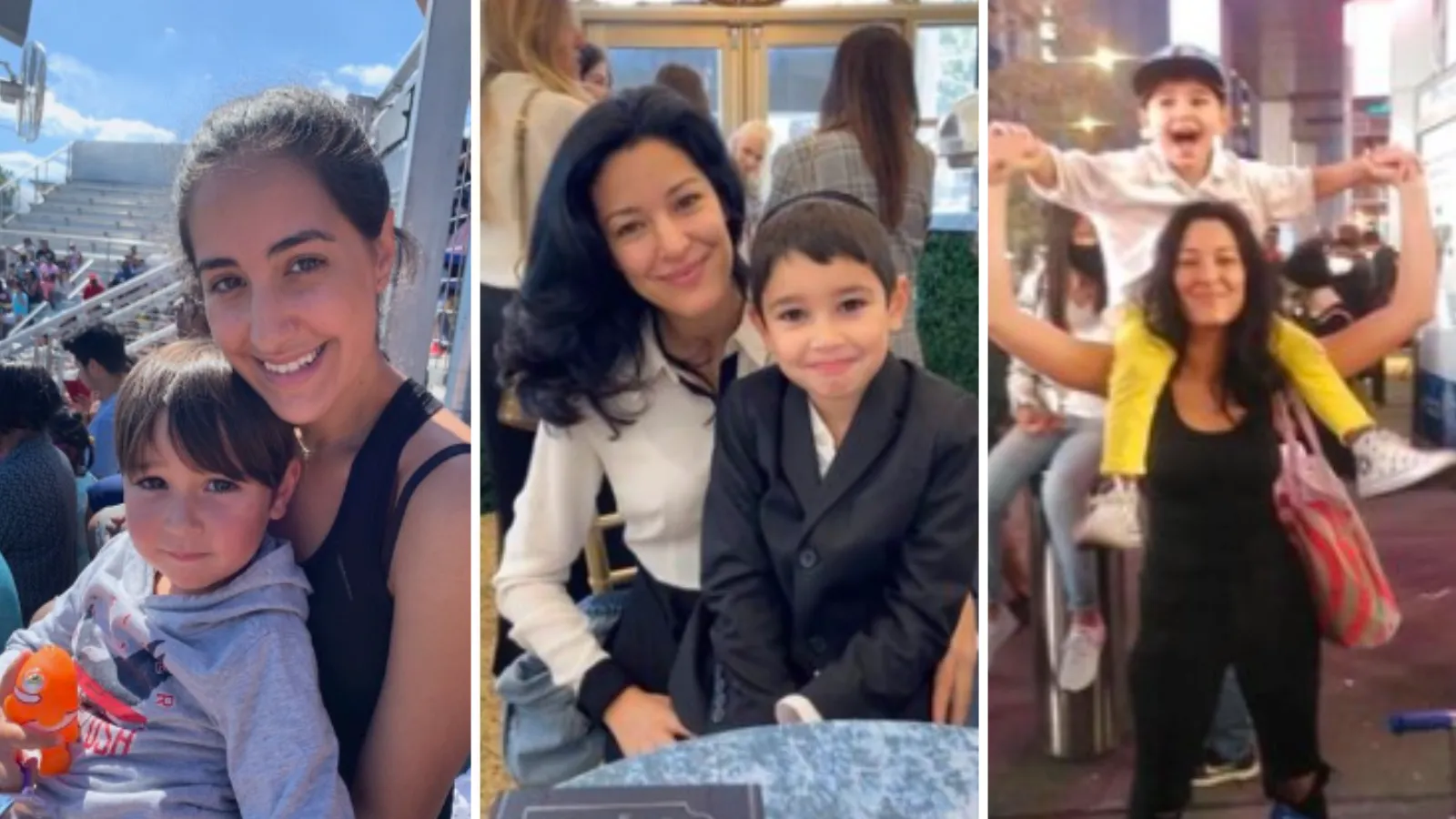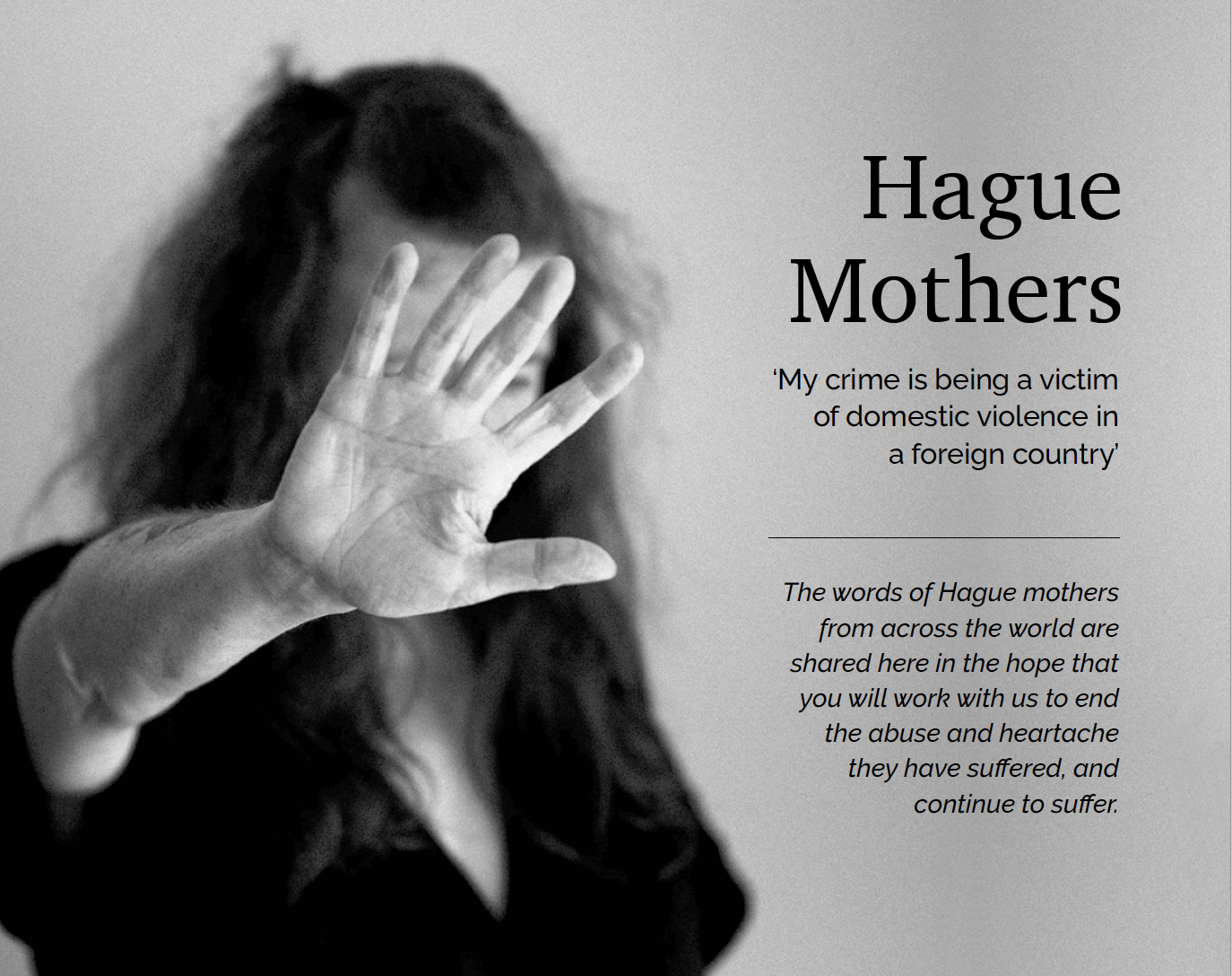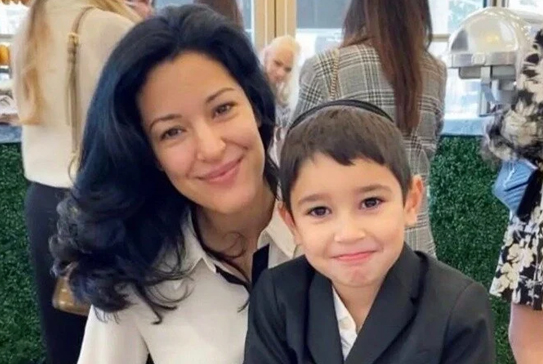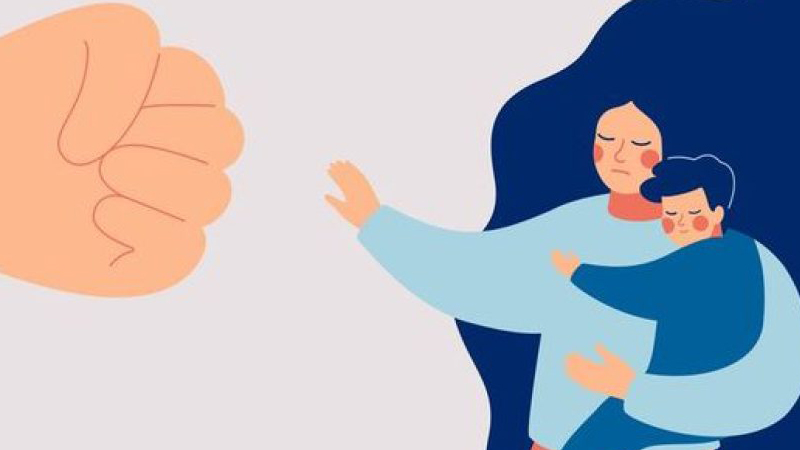FiLiA Hague Mothers came in to being almost two years ago, inspired by a chance meeting with a formidable Hague mum, and the realisation that the well-intentioned Hague Abduction Convention is being used to further control domestic abuse victims. That understanding led to a conversation with FiLiA’s CEO Lisa-Marie. And that conversation resulted in the subsequent launch of our campaign to end the injustices of the Convention, specifically for mothers and children who are victims of domestic abuse.
The campaign is now active, and increasingly influential, across the world. All participants contribute their knowledge, time, and passion on a voluntary basis and, other than support from FiLiA to set up and maintain our website, we remain unfunded.
Our members include Hague mothers, lawyers, academics, domestic abuse professionals, women’s rights and children’s rights experts, psychologists, media specialists, and feminist activists. We advocate for victim/survivors, raise awareness through presentations, webinars, media articles and research papers, create resources for mothers and professionals, lobby politicians, and signpost mothers to both formal and informal survivor-led support groups.
We have grown organically – and somewhat randomly! Now we need to establish a sustainable and democratic structure that will enable all participants to contribute fully, and ensure that we remain true to FiLiA’s mission: to build sisterhood and solidarity; amplify the voices of women: and defend women’s human rights. Soooo…
- We have expanded our International Strategy Group to include Hague mothers from three continents and a wider range of international expertise.
- We have created a ten-strong Mother’s Expert Group who will advise on strategic decisions and initiate actions in their own right.
- All members have been asked to commit to the FiLiA values, foregrounding the importance of sisterhood and solidarity.
- The three ‘country-based’ members’ groups have expanded to reflect our growing international membership. To enable greater autonomy and democratic participation, all members will have an equal say in deciding what actions need to be taken in their part of the world. The first set of what will be regular, minuted meetings, take place this month.
- We are already part of a formidable network of grassroots groups and NGOs with expertise in a broad range of issues including, women’s and children’s rights, women’s access to justice, and male violence against women & girls. We are now working to formalise our international partnerships and strengthen these – mutually-beneficial – connections.
- We are also expanding our informal network of expert supporters; individuals who signed our Open Letter to the Hague Special Commission, those who have reached out to us to suggest other contacts or to provide advice, and those working in related fields but who share our desire for justice.
- Last but not least, the fabulous Sally Jackson (FiLiA’s chair of trustees, MVAWG Lead and Safeguarding Lead) has agreed to oversee the HM campaign under the auspices of FiLiA’s MVAWG workstream. Her experience and expert guidance will be invaluable.Thanks, as ever, for all your contributions.
Especial thanks to the many Hague mothers who are working with us to end the injustices of the Hague. You continue to inspire us with your courage and determination.

